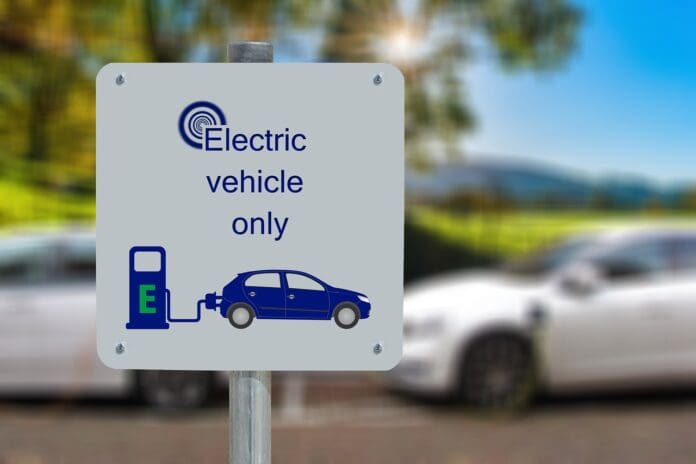This post is also available in:
 עברית (Hebrew)
עברית (Hebrew)
At the World Young Scientists Summit, Contemporary Amperex Technology Co., Limited (CATL), China’s largest battery manufacturer, unveiled a groundbreaking advance in energy storage. The company’s chief scientist, Wu Kai, revealed that its second-generation sodium-ion batteries can now discharge normally in temperatures as low as -40°C , a key breakthrough in battery resilience. The new sodium-ion cells are expected to launch in China in 2025, with mass production slated for 2027, according to local reports.
This development holds significant promise for the electric vehicle (EV) market, where battery performance in extreme temperatures has long been a barrier to adoption. Traditional lithium-ion batteries struggle in cold conditions, leading to reduced driving range and slower charging times. Sodium-ion batteries, however, exhibit enhanced stability under such conditions, maintaining performance even in harsh environments. With this ability, CATL’s new cells could alleviate one of the most common concerns for potential EV buyers.
Sodium-ion batteries function similarly to lithium-ion batteries, with charged ions moving between electrodes during charge and discharge cycles. However, they offer several distinct advantages. Sodium-ion batteries are energy-efficient, fast-charging, and stable, with a reduced risk of thermal runaway or overheating. They also have the potential to be significantly more cost-effective due to the abundance of sodium, which is far less expensive than lithium or cobalt. Additionally, they are less toxic and more environmentally friendly, as they do not require the hazardous materials that are often involved in lithium-ion battery fires.
CATL’s next-generation sodium-ion cells are expected to push the envelope on extreme weather performance, offering EV manufacturers a reliable solution to the cold-weather performance challenges that have hindered the growth of electric vehicles in colder regions. As the demand for sustainable energy solutions grows, this development highlights the promising future of sodium-ion batteries, which could ultimately pave the way for more resilient, affordable, and environmentally friendly electric vehicles.


























